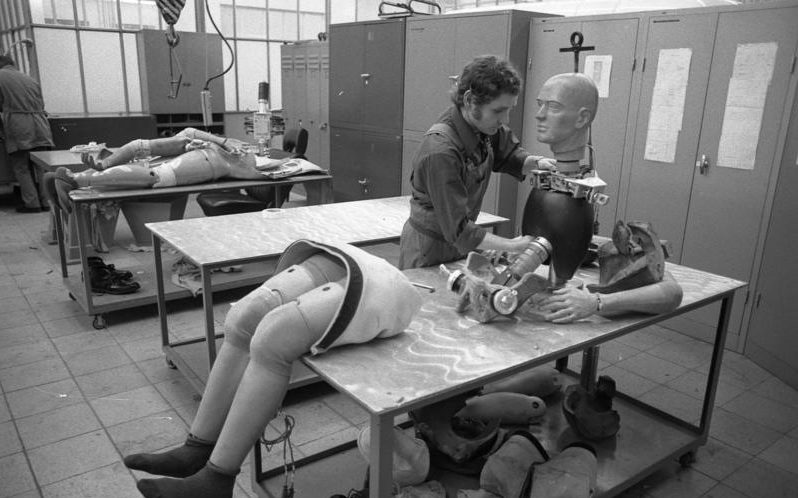In a smart Guardian piece by Hannah Devlin, novelist Kazuo Ishiguro wonders if liberal democracy will be doomed by a new type of wealth inequality, the biological kind, in which gene editing and other tools make enhancement and improved health available only to the haves. It’s likewise a major theme in Yuval Noah Harari’s second book, Homo Deus, which wonders where we’ll take biotech, or perhaps more likely, where it will take us. Ishiguro isn’t a fatalist on the topic, encouraging more public engagement.
Some believe exorbitantly priced technologies created for the moneyed few will rapidly decrease in price and make their way inside everyone’s pockets (and bodies and brains), the same distribution path blazed by consumer electronics. That’s possible but certainly not definite. Of course, as the chilling political winds of 2016 have demonstrated, liberal democracy may be too fragile to even survive to that point.
The opening:
Imagine a two-tiered society with elite citizens, genetically engineered to be smarter, healthier and to live longer, and an underclass of biologically run-of-the-mill humans. It sounds like the plot of a dystopian novel, but the world could be sleepwalking towards this scenario, according to one of Britain’s most celebrated writers.
Kazuo Ishiguro argues that the social changes unleashed by gene editing technologies, such as Crispr, could undermine core human values.
“We’re going into a territory where a lot of the ways in which we have organised our societies will suddenly look a bit redundant,” he said. “In liberal democracies, we have this idea that human beings are basically equal in some very fundamental way. We’re coming close to the point where we can, objectively in some sense, create people who are superior to others.”•
Tags: Hannah Devlin, Kazuo Ishiguro

